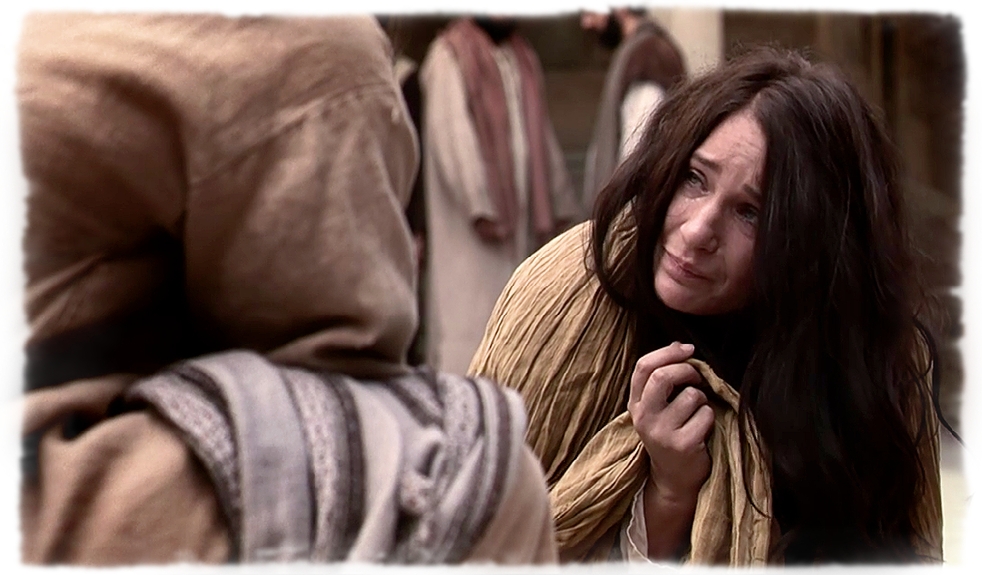 A Christian writer, Philip Yancey shared the following story, one that he heard from his friend who works with the down-and-out in Chicago:
A Christian writer, Philip Yancey shared the following story, one that he heard from his friend who works with the down-and-out in Chicago:
“‘A prostitute came to me in wretched straits, homeless, sick, unable to buy food for her [young] daughter. Through sobs and tears, she told me she had been renting out her daughter….She had to do it, she said, to support her own drug habit. I could hardly bear hearing her sordid story….I had no idea what to say to this woman.
“‘At last I asked if she had ever thought of going to a church for help. I will never forget the look of pure, naive shock that crossed her face. “Church!” she cried. “Why would I ever go there? I was already feeling terrible about myself. They’d just make me feel worse.”’
Yancey continues: “What struck me about my friend’s story is that women much like this prostitute fled toward Jesus, not away from him. The worse [she might have] felt about herself, the more likely she saw Jesus as a refuge. Has the church lost that gift? Evidently the down-and-out, who flocked to Jesus when he lived on earth, no longer feel welcome among his followers. What has happened?”
What has happened? Why did publicans and sinners surround Jesus then, more than comfortable to have Him dine with them, thrilled to sit at His feet and hear His sayings? What did He offer them that was so appealing, something that we, his followers, now come up short on? How must He have made them to feel? I believe that they knew somehow that he looked at them through eyes much different than the leaders and members of their religious community. They knew that He saw something more in them than they had ever been taught to see in themselves.
Helmut Thielicke wrote: “Jesus gained the power to love harlots, bullies, and ruffians…he was able to do this only because he saw through the filth and crust of degeneration, because his eye caught the divine original which is hidden in every way—in every man!…When Jesus loved a guilt-laden person and helped him, he saw in him an erring child of God. He saw in him a human being whom his Father loved and grieved over because he was going wrong. He saw him as God originally designed and meant him to be, and therefore he saw through the surface layer of grime and dirt to the real man underneath. Jesus did not identify the person with his sin, but rather saw in this sin something alien, something that really did not belong to him, something that merely chained and mastered him and from which he would free him and bring him back to his real self. Jesus was able to love men because he loved them right through the layer of mud.”
And if we are to ever love our fellow men in the same way, we must consistently petition Him to give us new eyes with which to see.
IF I WERE A SINNER
In public prayer I often hear our people say: “Forgive us for our mistakes,” or “our weaknesses.” Are we as a people, as individuals, ashamed to come right out and ask the Lord to forgive us for our sins? Are we afraid of this word, even though it is the word the Lord has chosen to use when speaking of why He bled and died for us?
After a music event, on the steps of the front entrance to the theater, my friend and I overheard two gentlemen—obviously members of the Church—conversing about a talk that had been given recently in a General Conference by Elder Richard Scott of the Quorum of the Twelve. (Elder Scott’s talk was tender and direct to those who were struggling to part with sin and come to repentance.) Then one of the two men said: “If I were a sinner, I’d like to have Elder Scott to help me through it.”
If I were a sinner? Where does this mentality come from? I think I know what was meant by this, but to even use these words shows a failure on our part to accept our terrifying predicament. Have we not all sinned and become lost and fallen. Have we not all become prodigal children, wasting some portion of our inheritance as heirs to our Father’s kingdom? Are we not all in desperate need to rely wholly upon the merits of Him who is mighty to save? (2 Nephi 31: 19)
I thank the heavens that, whether we recognize it or not, Christ is not content to leave us lost. He has proven that He will do whatever it takes to find us. He desires passionately to have us be His associates in the heavenly kingdom. How I praise Him for this!
Now you and I know that it is precisely because of Jesus’ love for us that He intends to reform us. Being “found” means being changed. Speaking to the Relief Society, the Prophet Joseph said: “Christ was condemned by the self-righteous Jews because He took sinners into His society; He took them upon the principle that they repented of their sins. It is the object of this society to reform persons, not to…foster them in their wickedness….Nothing is so much calculated to lead people to forsake sin as to take them by the hand, and watch over them with tenderness. When persons manifest the least kindness and love to me, O what power it has over my mind, while the opposite course has a tendency to harrow up all the harsh feelings and depress the human mind” (Teachings, p. 240).
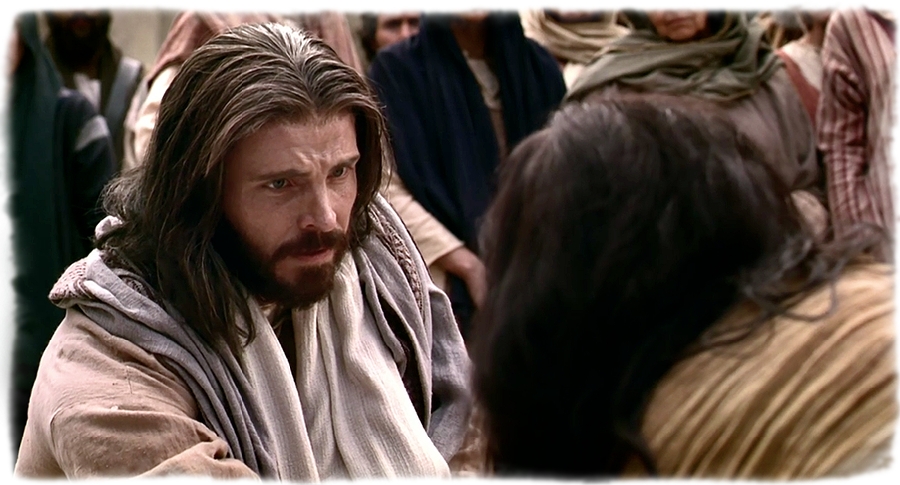 These “publicans and sinners”, as the Pharisees called them, obviously felt Jesus’ kindness and love toward them; as he took them by the hand, and watched over them with tenderness. He was able to instill confidence in them that they were worth saving. It was precisely this acceptance and sincere concern from Jesus that moved sinners to repentance. On one hand, it didn’t take long being in His company before they knew that Jesus never approved of any sin, but on the other hand, Jesus helped them to feel that He stood ready at all times to forgive. And what’s more, He made it clear to them that His greatest desire was to help reform them and make them whole again.
These “publicans and sinners”, as the Pharisees called them, obviously felt Jesus’ kindness and love toward them; as he took them by the hand, and watched over them with tenderness. He was able to instill confidence in them that they were worth saving. It was precisely this acceptance and sincere concern from Jesus that moved sinners to repentance. On one hand, it didn’t take long being in His company before they knew that Jesus never approved of any sin, but on the other hand, Jesus helped them to feel that He stood ready at all times to forgive. And what’s more, He made it clear to them that His greatest desire was to help reform them and make them whole again.
As Jesus said: “What man of you having a hundred sheep, if he lose one of them, doth not leave the ninety and nine, and go into the wilderness after that which is lost, until he find it? (“Until he find it” is one of my favorite phrases in all of scripture! It gives me the hope that Jesus is not going to turn back for home until He has me in His arms.)
“And when he hath found it, he layeth it on his shoulders, rejoicing.
“And when he cometh home (to heaven), he calleth together his friends and neighbors (our Father, the angels, prophets, and saints of the celestial world), and saith unto them: Rejoice with me; for I have found my sheep which was lost” (JST Luke 15: 4-6).
My prayer? That one day, Jesus will carry me past the gates of heaven, set me on our Father’s lap and press me to His bosom, saying with finality: This, thy son, who was dead is alive again. He who was lost is found.





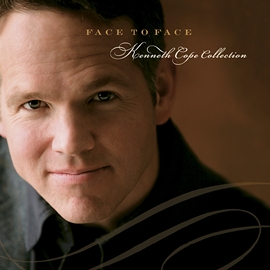


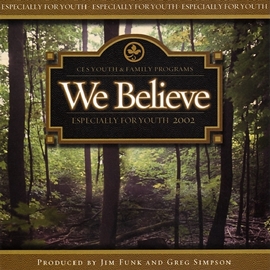



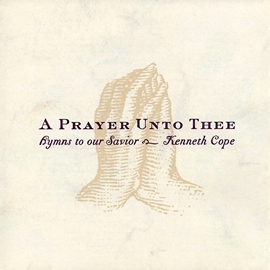


















Great message!
I’m reminded of the words -
“…I once was lost but now am found,
Was blind, but now I see.”
Thanks, Ken! Yes…I love that song! :)
So beautiful! I love this message! We are all desperately lost without Him.
Yes! Desperately! I’m glad He’s given me you. :)